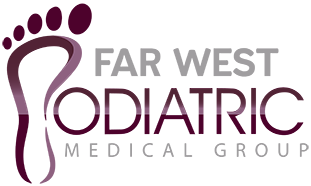Custom Orthotics
Biomechanical Orthoses (Custom Orthotics)
Biomechanical orthoses, often call orthotics or arch supports, are shoe inserts that correct abnormal foot function. Orthotics allow people to stand, walk, and run more efficiently and comfortably.
True biomechanical orthotic devices are NOT just arch supports, and are very different from over the counter devices you may find in a store. We take a mold of your feet, and custom design a device for your feet.
We prescribe true biomechanical orthoses to correct abnormal gait, to treat heel pain associated with plantar fasciitis, and often for patients following surgery. Wearing these devices may also improve or eliminate strains, aches, and pains in the legs, thighs, and lower back.
Many insurance plans cover biomechanical orthoses.
Orthotic devices come in many shapes, sizes, and materials. There are also sport-specific devices to be worn while participating in sports. We will recommend the type best suited to your condition and foot type.
Soft Orthotics
We also prescribe soft orthotics when needed to absorb shock, increase balance, and take pressure off uncomfortable or sore spots. They are typically made up of soft, cushioned materials. Such orthotics are also custom made from a mold of your foot.
Soft orthoses are often effective for diabetic and arthritic feet.
Children’s Feet
A podiatric physician will sometimes prescribe orthotics to treat flatfoot, intoeing or outtoeing disorders in children. The treatment plan will often include exercises and other modalities as well.
Flatfoot (over-pronation) is a common and usually hereditary condition. Shoes of those who over-pronate, when placed side by side, will lean in toward each other after they have been worn for a while.
Many young children do not complain of pain, even though they have a significant foot problem, and this can lead to delays in seeking care. Any foot pain, ankle pain or lower leg pain in children should be evaluated.
Early treatment of these gait disorders is often successful, and will help to prevent later foot deformities. Children will not “grow out” of flat feet. Lack of treatment can lead to formation of abnormal foot structure such as bunions and hammertoes, and arthritic changes in adulthood.
